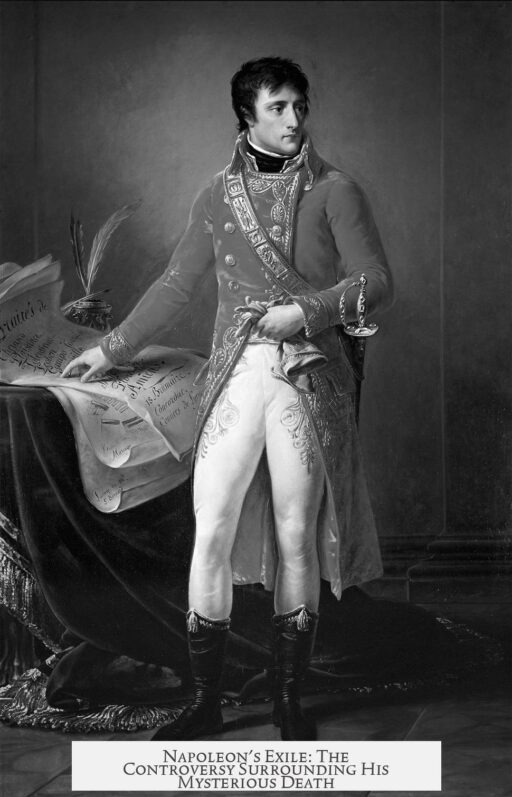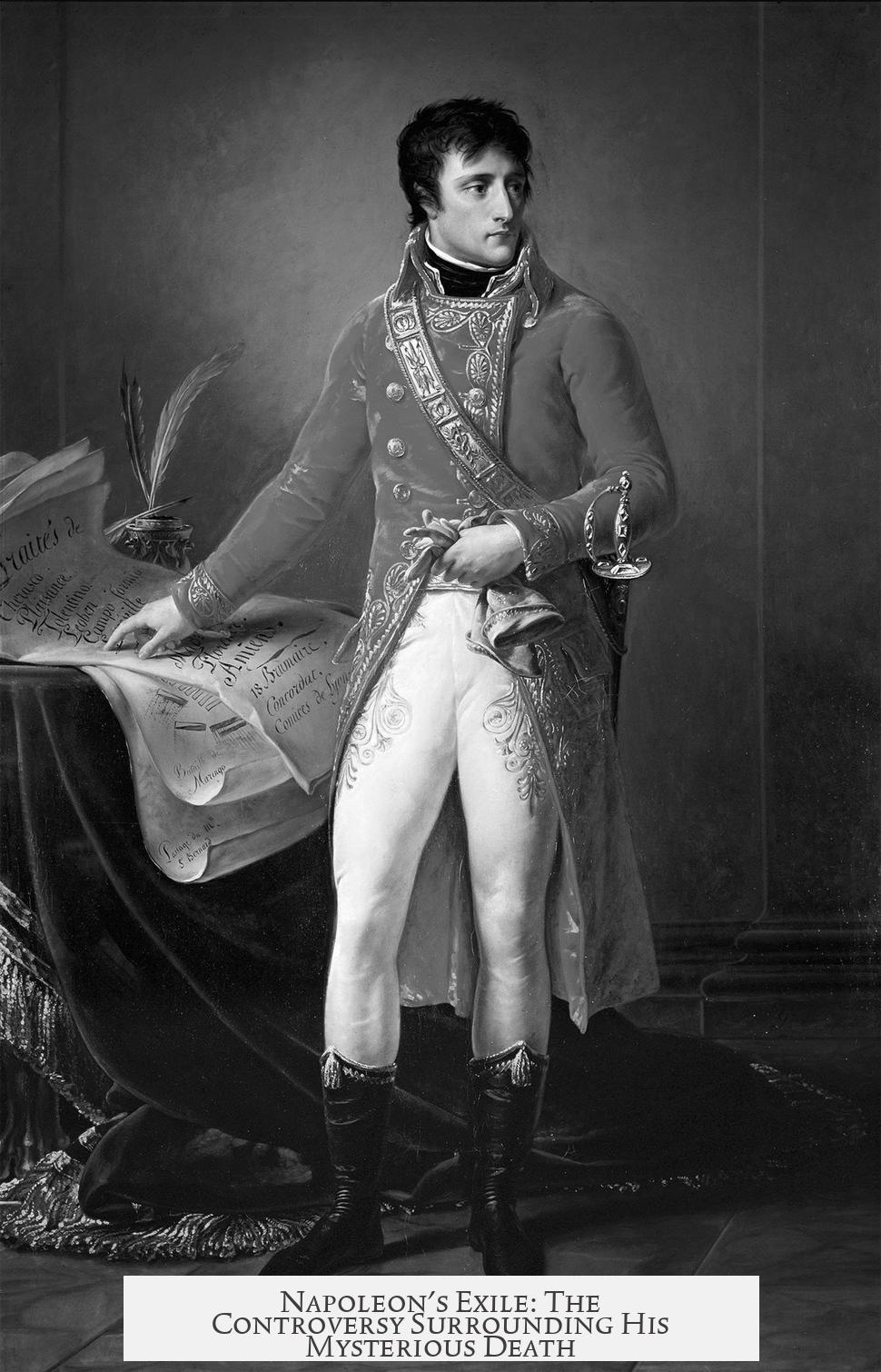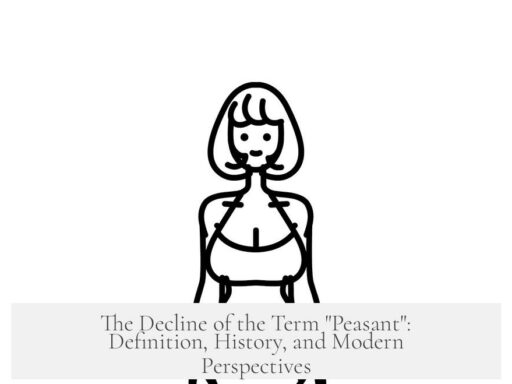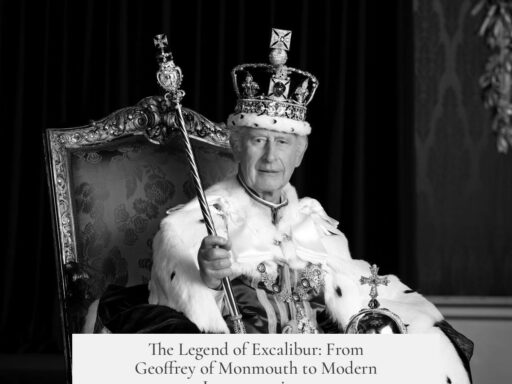Napoleon’s death in exile remains a controversial mystery, mainly concerning the true cause behind his demise. Official records indicate he died of stomach cancer, which was hereditary in his family. His father, two sisters, and one son also died of the same disease. Letters from his attending physician on Elba confirm stomach cancer as the cause. However, alternate theories suggest arsenic poisoning or medical malpractice played a role.
There is significant evidence that Napoleon suffered from stomach cancer linked to a genetic variant in the CDH1 gene, associated with hereditary diffuse gastric cancer. This genetic connection helps explain the repeated occurrence of stomach cancer in his lineage. A collection of letters found years ago detailed the physician’s observations during Napoleon’s final days and autopsy, further supporting this diagnosis.
Despite this, some have argued that poisoning contributed to his death. Hair sample analysis showed elevated arsenic levels. This led to speculation that someone might have intentionally poisoned him, possibly motivated by personal revenge, as Napoleon reportedly had an affair with a member of his entourage’s wife. However, most historians discount poisoning as the primary cause.
Another hypothesis involves medical malpractice. In efforts to treat his cancer, medical staff administered compounds containing cyanide, mercury, and arsenic. These toxic substances likely hastened his death. Thus, while cancer was the underlying condition, treatment may have worsened his health.
Beyond medical causes, some alternative theories even question whether Napoleon truly died in exile. The film Monsieur N explores the idea that he escaped captivity, though this remains speculative without strong evidence.
Napoleon’s legacy extends far beyond his death. Known for extraordinary military victories, he only fell after his army suffered devastating losses in Russia’s winter. He returned from exile briefly to rule again, cementing his historical impact. His health struggles may have influenced his mood and decisions during his final years. Portraits often show him with his hand inside his jacket, correcting a myth about that pose; it was due to constant stomach pain rather than a theatrical gesture.
- Napoleon died primarily from hereditary stomach cancer.
- High arsenic levels suggest possible poisoning but lack conclusive proof.
- Medical treatments with toxic substances likely accelerated his death.
- Alternative stories about his escape remain unproven.
- His illness may have influenced his leadership in exile.
How Napoleon’s Death in Exile Became a Controversial Mystery
Napoleon Bonaparte’s death in exile on the island of Saint Helena remains shrouded in mystery and heated debate. While most historians point to stomach cancer as the cause, whispers of poisoning, medical malpractice, and even daring escape theories keep the intrigue alive. So, what truly ended the life of one of history’s greatest military minds? Let’s unravel the layers.
First, the straightforward claim: Napoleon died of stomach cancer. This isn’t just a wild guess. His father, two sisters, and a son died from the same ailment. Sounds like bad family genes, right? Medical researchers suggest he may have carried a pathogenic variant in the CDH1 gene, linked to hereditary diffuse gastric cancer. So yes, it runs in the family. There’s even more proof lurking in the shadows: letters from his attending physician, recently sold and studied, describe his final days and confirm the diagnosis after an autopsy on Elba. So far, this sounds like textbook illness.
But don’t get too comfortable thinking Napoleon’s demise was as simple as cancer. Rumors stirred another pot: arsenic poisoning. A hair sample from his remains revealed unusually high arsenic levels. Was it an accident, or perhaps deliberate? The scandalous motive? Napoleon allegedly had a dalliance with the wife of one of his entourage. Could revenge have turned deadly? Most experts cast doubt on this theory, labeling it “mostly disproven,” yet the arsenic ghost refuses to vanish entirely.
Then comes the twist of medical malpractice. Imagine the doctors of the 1820s trying to treat a terminal patient with cocktails of lethal substances. Napoleon reportedly received treatments containing cyanide, mercury, and arsenic—all rather toxic. Instead of helping, these therapies likely accelerated his suffering and demise. So, while cancer was the killer, bad medicine was the grim reaper’s helper. It’s a sad irony that medical efforts to save him may have done the opposite.
Now, let’s pivot to alternative theories that seem lifted from a spy novel. What if Napoleon never died in exile? The movie “Monsieur N.” explores this tantalizing idea. It speculates that the famed emperor escaped Saint Helena and lived incognito. Sounds far-fetched? Absolutely. Yet, legendary figures often spark myths like this. Could such an audacious escape have happened? The lack of concrete evidence suggests no, but the idea adds fuel to the mystery fire nonetheless.
As for Napoleon’s legacy, it helps to remember the man behind the mystery. He scored six major victories in just five days—a feat almost superhuman. Throughout his career, seven major coalitions of European powers tried and failed to defeat him. His downfall came when he marched into Russia during winter, where sickness and cold decimated his troops. Even after exile, he bounced back to reclaim emperorship briefly during the Hundred Days. Napoleon had flaws, yes, but nobody could question his military prowess or political savvy.
And if you ever wondered why countless portraits show him with his hand tucked inside his jacket, it’s not because he was holding up some invisible pants. It’s likely because of his “bad gut” – the stomach cancer stubbornly affecting him through his later years. Historical portraits captured this subtle symptom, a hidden testament to his private struggles.
Here’s a thought-provoking angle: could his stomach cancer have influenced his mood and decision-making? Illness often affects anxiety and mental clarity. That sharp mind, known for precision under pressure, might have been clouded by pain and fear. Might this have played a role in the risky choices he made late in his career? It’s an area that scholars ponder but can’t definitively answer.
So what can we learn from this tangled web of fact and fiction? Firstly, history seldom offers neat conclusions—especially when it involves larger-than-life characters like Napoleon. His death was likely caused by a hereditary stomach cancer, aggravated possibly by toxic medical treatments. The arsenic poisoning theory holds a spark of intrigue but lacks solid backing. Alternative escape stories, while fun to imagine, remain in the realm of fiction.
If you want to dive deeper into the mystery, read those physicians’ letters or watch “Monsieur N.” for a creative take. Understanding the man behind the legend—the genius, the patient, and even the flawed human—is the key to appreciating the complexity of his end.
So, Napoleon’s death becomes a lesson. Even the mighty can be brought down by illness. But how quickly and under what circumstances? That’s still debated, adding a dash of human drama to the life of one of history’s most compelling figures.
In the final count, Napoleon’s death in exile remains a captivating mystery blending science, rumor, and legend—a puzzle that historians and enthusiasts will keep turning over for years to come.
What evidence supports stomach cancer as Napoleon’s cause of death?
Napoleon died of stomach cancer, like his father and some siblings. His doctor’s letters describe the autopsy findings. Genetic links suggest a variant linked to hereditary gastric cancer might have been involved.
Was Napoleon poisoned with arsenic according to theories?
A hair sample revealed high arsenic levels. Rumors say he was poisoned due to personal motives. However, this theory is largely disproved and considered unlikely by experts.
How might medical treatment have affected Napoleon’s death?
He had terminal stomach cancer but was given toxic substances like cyanide, mercury, and arsenic during treatment. This likely worsened his condition and sped up his death.
Is there any theory that Napoleon didn’t die in exile?
One alternate idea, explored in the movie Monsieur N., suggests Napoleon may have escaped exile and not died there. This remains a speculative story rather than established fact.
How did Napoleon’s illness affect his image and behavior?
His stomach issues influenced how he held himself in portraits, with his hand inside his jacket. His illness possibly affected his mood and decision-making, impacting his leadership during his final years.




